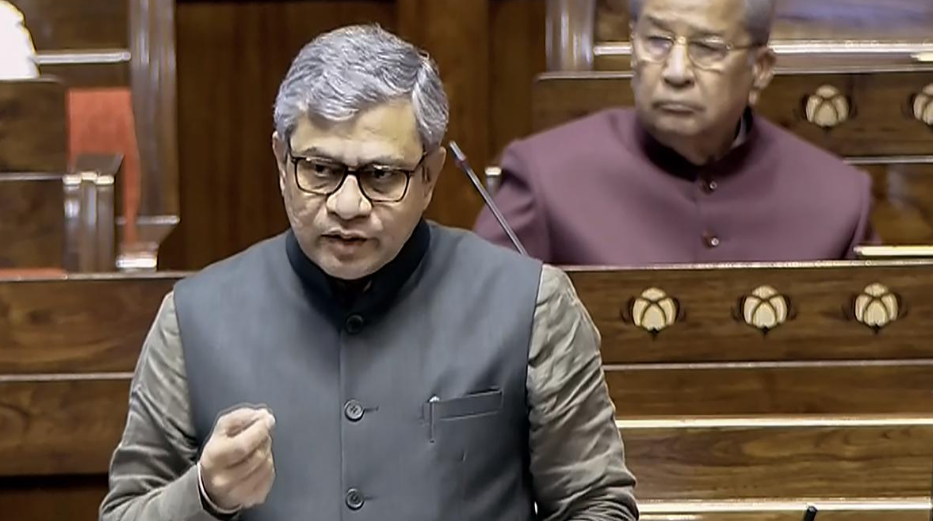Indian Post Office Act, 1898 Repealed: New Post Office Act Enacted (GS Paper 2, Governance)

Overview
- The Indian Post Office Act of 1898 has been repealed and replaced with the new Post Office Act, which was signed into law on June 18, 2024.
- This legislative overhaul aims to modernize India's postal services, ensuring they are aligned with the country’s contemporary social and security needs.
- The new Act introduces significant changes that extend beyond traditional mail delivery, encompassing various services beneficial to citizens.
Key Provisions of the New Act
The new Post Office Act introduces several critical updates:
1. Interception Powers (Section 9)
- Authority Granted: The central government now has the power to intercept, open, or hold mail under specific circumstances.
- Circumstances: These include threats to state security, public order, or violations of the law.
- Expansion of Scope: While similar powers existed under the 1898 Act, they have been expanded to address modern security concerns and technological advancements.
2. Exemption from Liability (Section 10)
- Protection for the Post Office: The new Act continues to protect the Post Office and its employees from liability for losses, misdelivery, or damage of mail, provided certain conditions are met.
- Continuation of Precedent: This provision maintains the protections granted under the old law, ensuring operational continuity.
3. Regulation of Private Courier Services
- Official Regulation: The new Act officially regulates private courier services, marking a significant shift from the state’s historical monopoly on mail delivery.
- Acknowledgement of Market Changes: This change recognizes the increased role of private delivery services and aims to create a regulated framework for their operation.
Removal of Outdated Penalties and Exclusivities
The new Act eliminates several outdated provisions from the 1898 law:
1. Loss of the Center’s Exclusive Right
- End of Monopoly: The government no longer holds the exclusive right to deliver letters, acknowledging the widespread use and efficiency of private courier services.
2. Elimination of Certain Crimes
- Outdated Offenses Removed: Crimes related to dishonesty and fraud by Post Office employees, as defined under the 1898 Act, have been removed, reflecting changes in societal and operational norms.
Implications for the Future
The enactment of the new Post Office Act marks a significant step forward in regulating mail and courier services in India. However, it raises several important considerations:
1. Privacy Concerns
- Interception Powers: The expanded interception powers could lead to concerns about privacy rights. It is essential to ensure that these powers are exercised with proper oversight and accountability to protect individual privacy.
2. Balance of Power
- Government Authority: The new Act's provisions may alter the balance of power between the government and private entities. It will be crucial to monitor how these changes affect the functioning of India Post and the broader postal system.
3. Impact on Postal Services
- Operational Changes: As the new regulations come into force, their impact on the efficiency, reliability, and scope of India Post's services will become clearer. This modernization effort aims to enhance service delivery and meet contemporary needs of citizens.
Conclusion
- The repeal of the Indian Post Office Act of 1898 and the enactment of the new Post Office Act represents a significant legislative update aimed at modernizing India’s postal services.
- By introducing new provisions and eliminating outdated ones, the Act seeks to create a more efficient and regulated postal ecosystem.
- However, the implications for privacy, government authority, and the overall impact on postal services will need to be closely monitored as the new rules are implemented.


